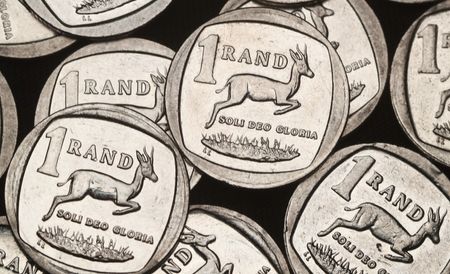ABIDJAN (Reuters) – A new oil and gas discovery at Eni’s Baleine field offshore Ivory Coast will increase the field’s hydrocarbons reserves by 25%, the Italian energy group and Ivory Coast’s government said on Thursday.
The company made a first oil discovery of up to 2 billion barrels of oil and 2.4 trillion cubic feet of associated gas in block CI-101 in September last year.
The drilling has increased the volumes of hydrocarbons in the Baleine field by around 25 percent, which are now estimated at 2.5 billion barrels of oil and 3.3 trillion cubic feet of associated gas, both said in separate statements.
Baleine is the first exploration well drilled in Ivory Coast by Eni, which has stakes in seven blocks in Ivorian deep water.
It was successfully drilled for the first time in block CI-802, which Eni operates with a 90% stake while Petroci Holding holds the remaining 10%.
“The activities in the Baleine Field will continue with the drilling of a third well which will ensure, together with the other two already drilled, the accelerated start-up of production, confirming first oil in the first half of 2023,” Eni’s statement said.
Ivory Coast, the world’s top cocoa producer and regional power exporter is hoping the oil and gas discovery will enable it to satisfy national and regional energy demand.
Eni is one of Africa’s biggest foreign oil and gas producers with prize assets in Libya, Nigeria and Angola. It is developing two bumper gas discoveries in Mozambique and Egypt.
(Reporting by Loucoumane Coulibaly; Writing by Sofia Christensen; Editing by Bate Felix and David Evans)











